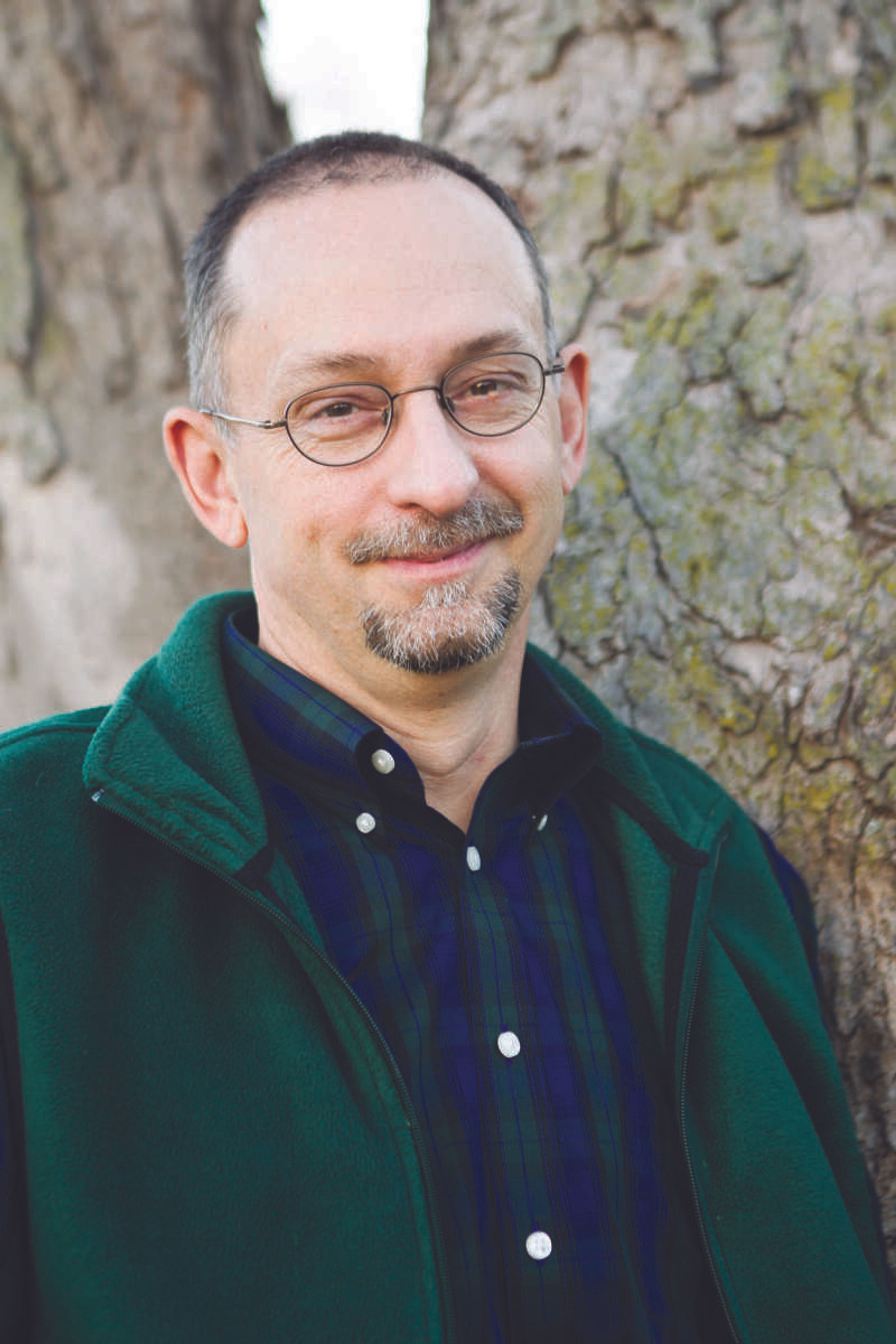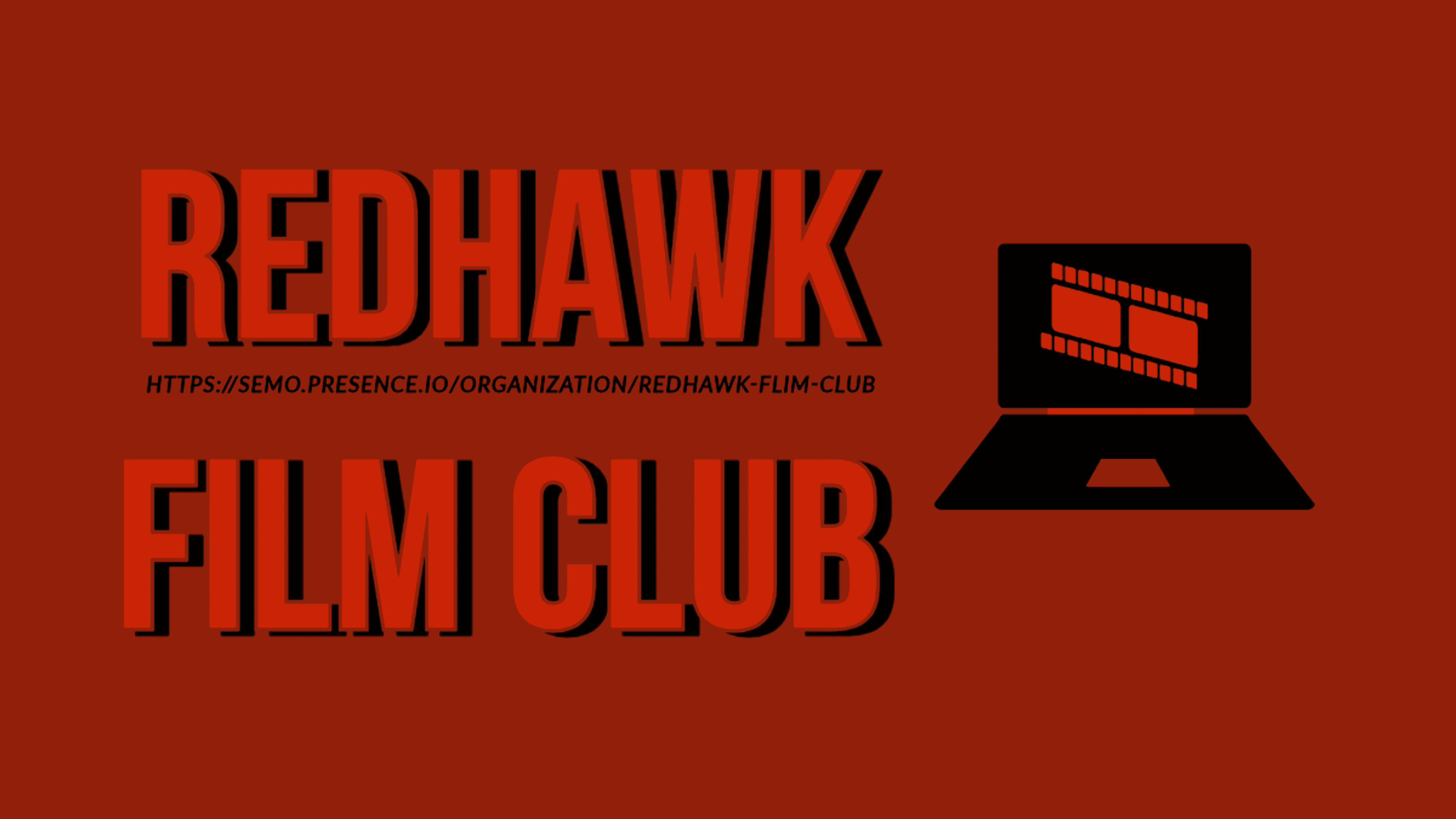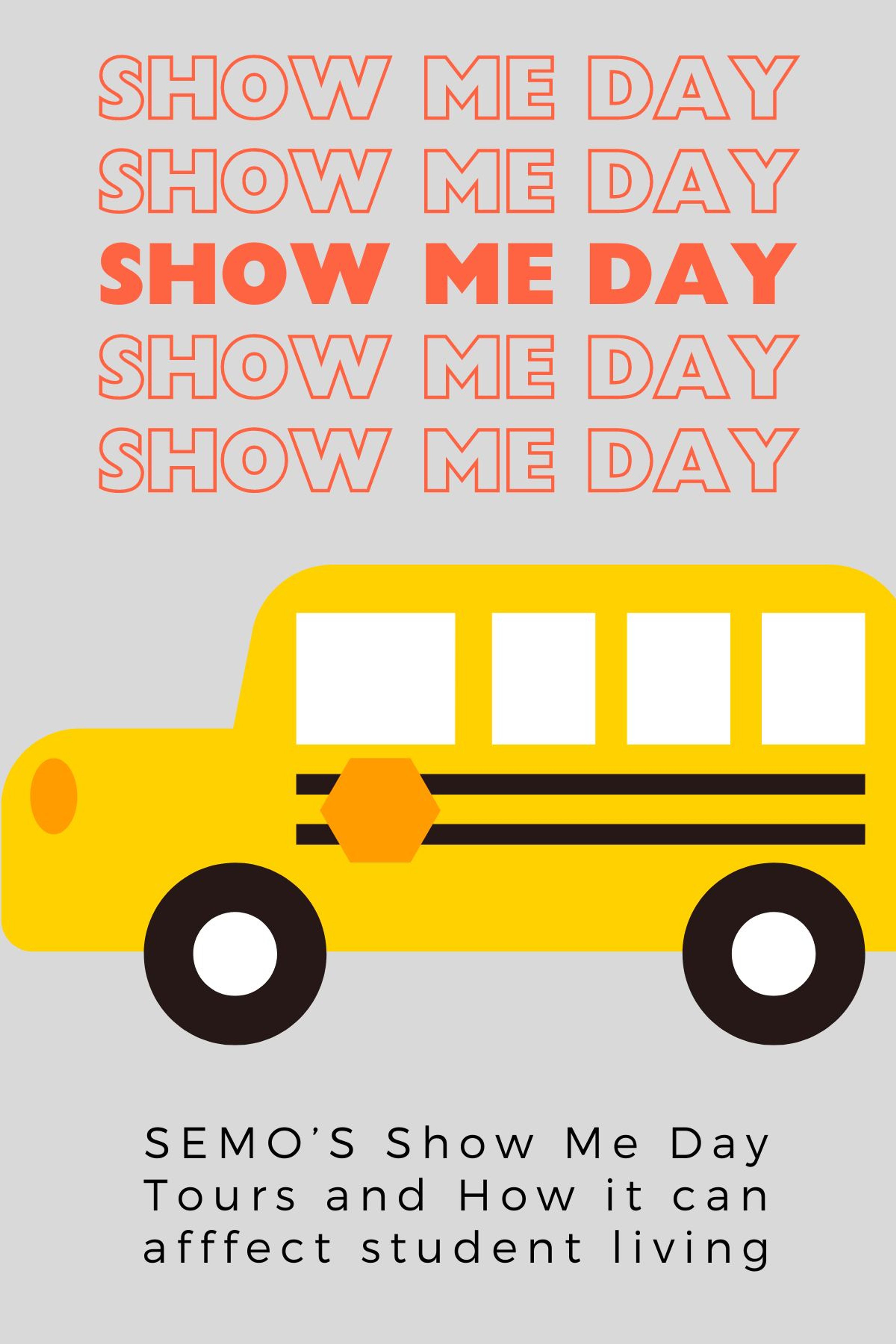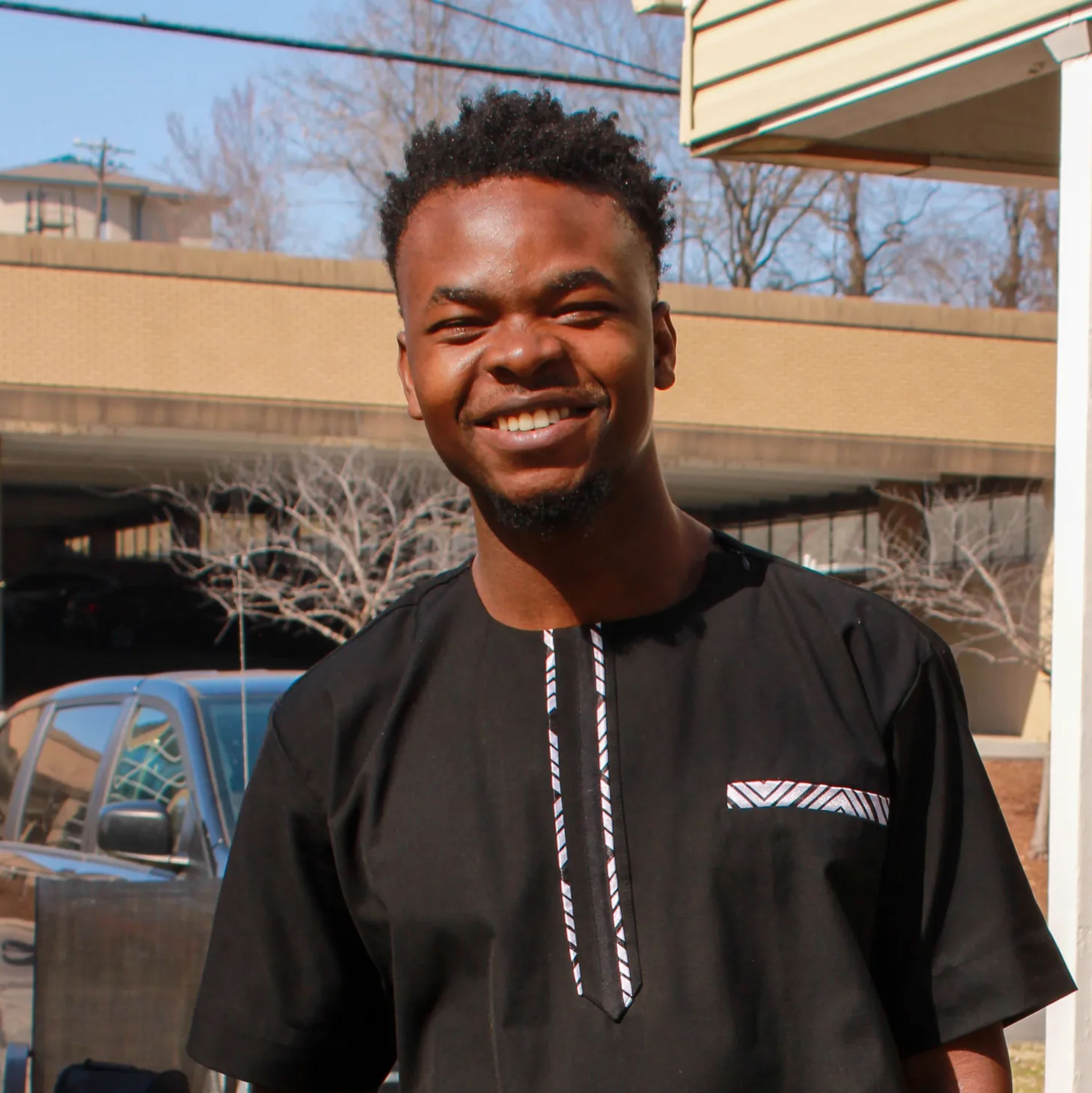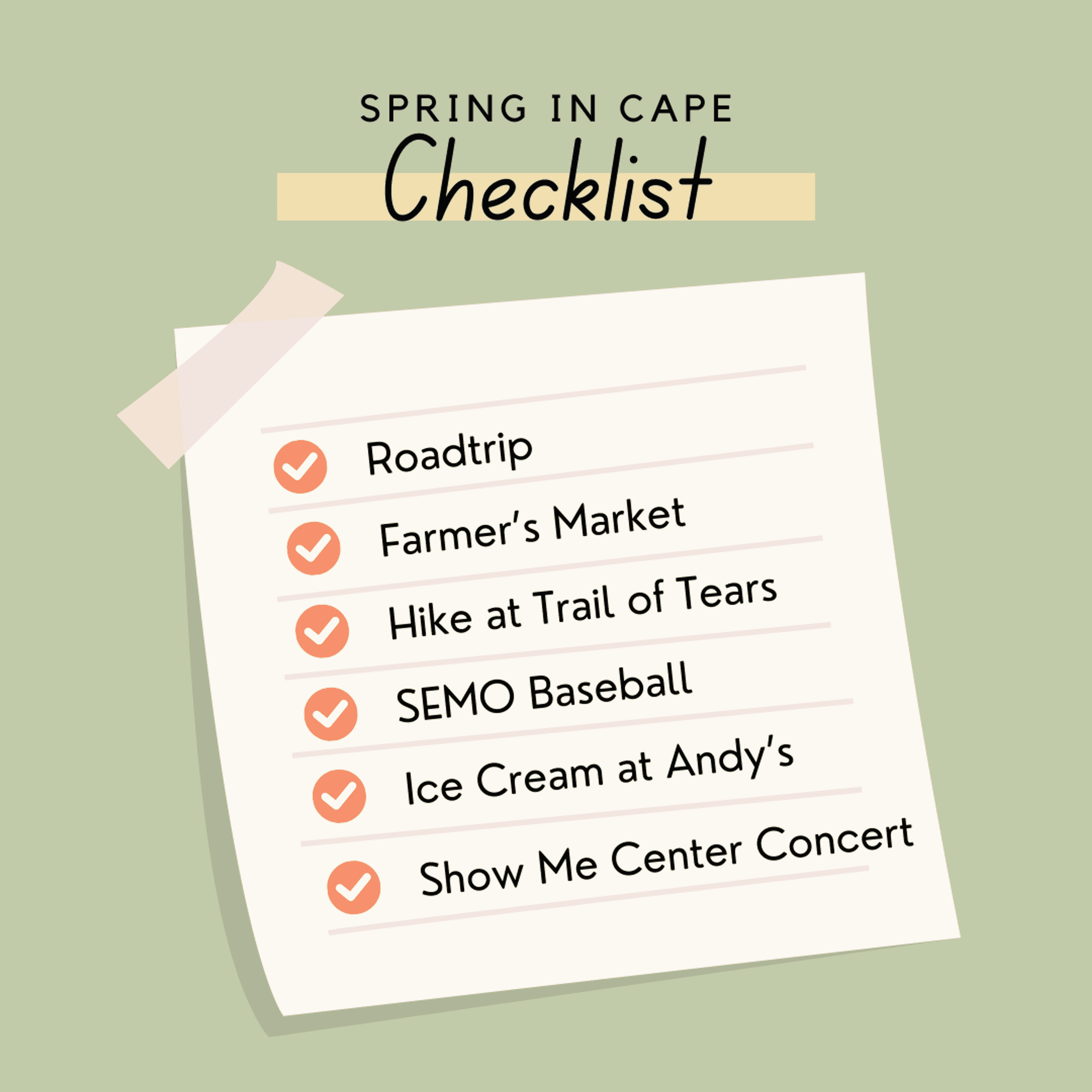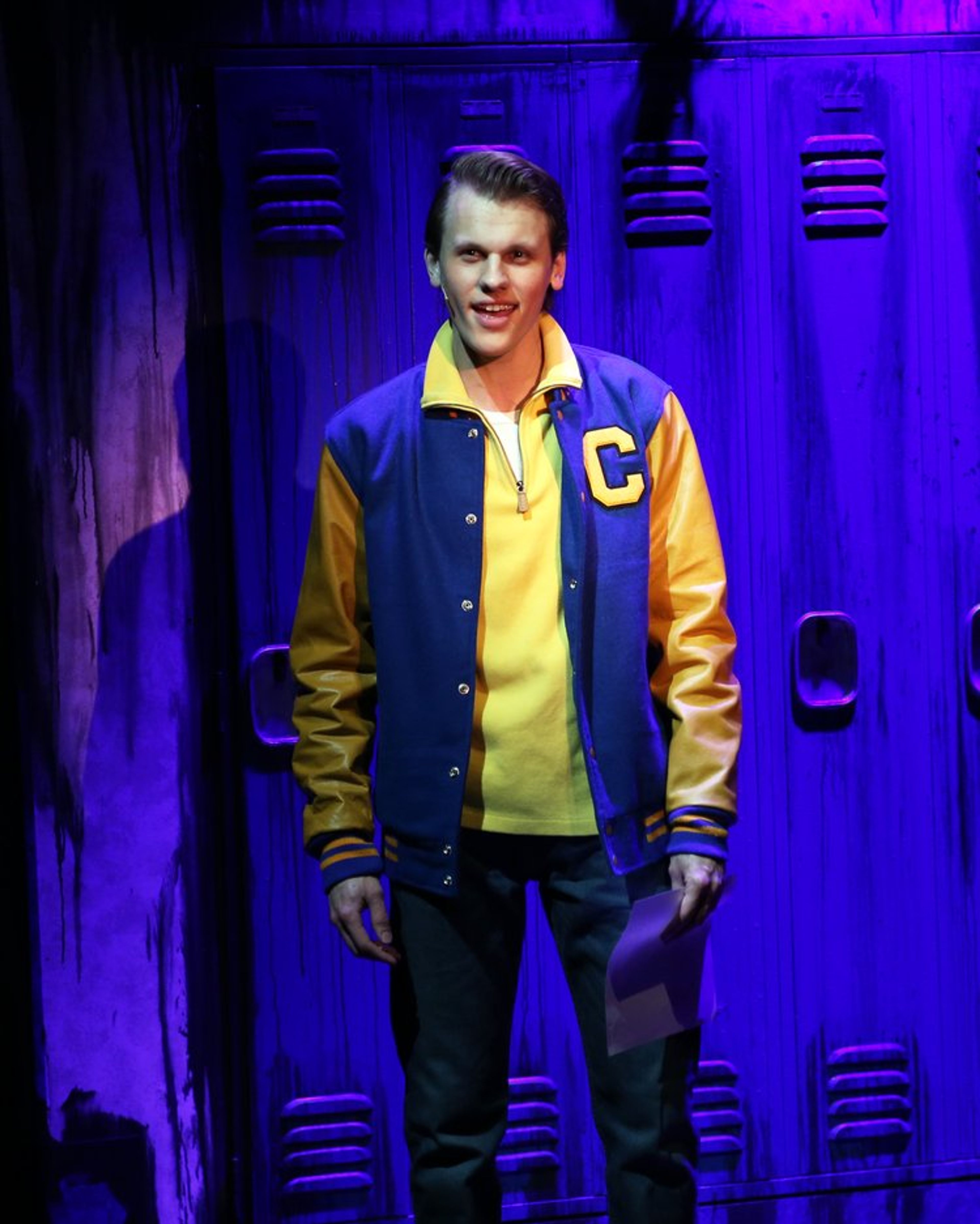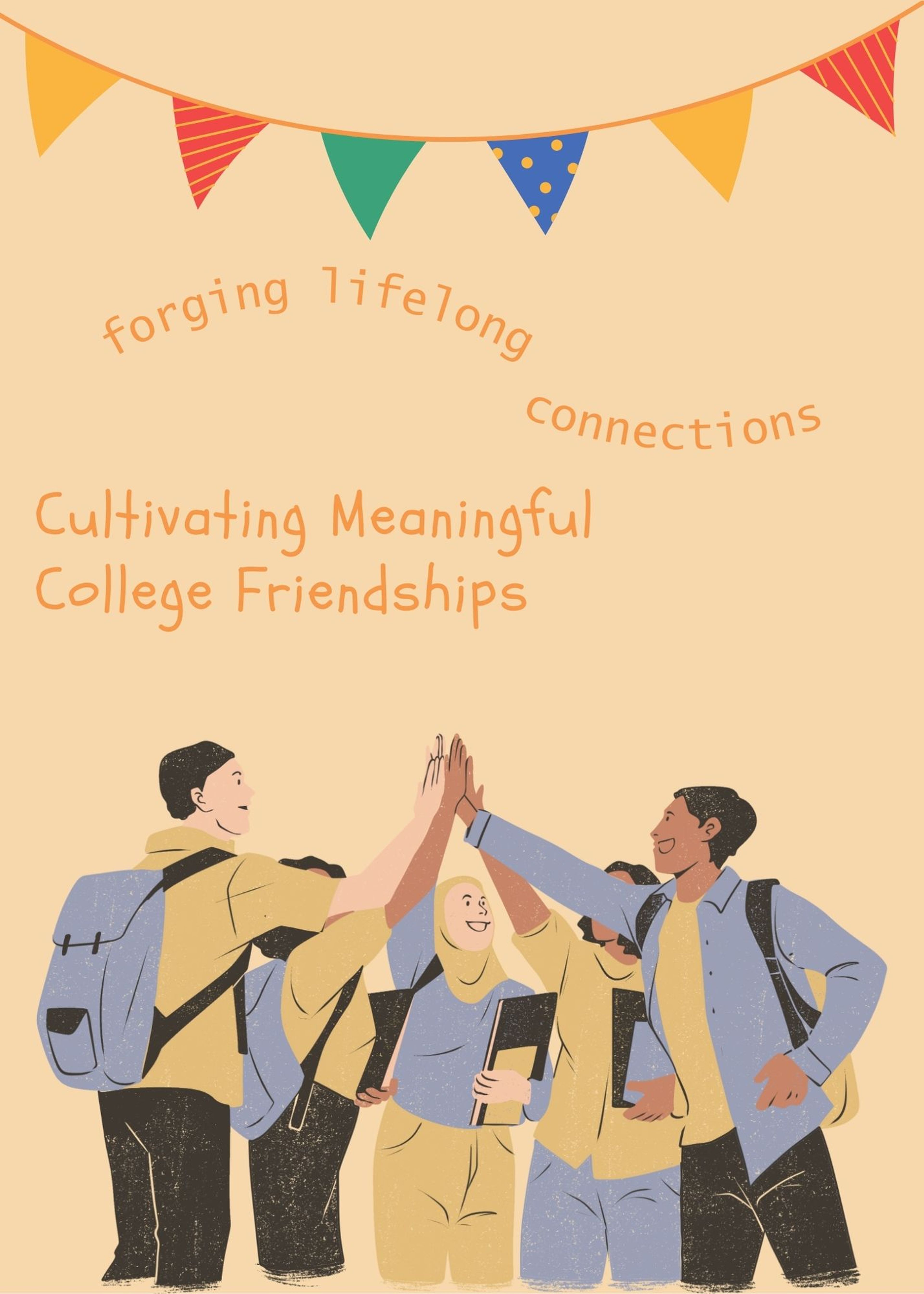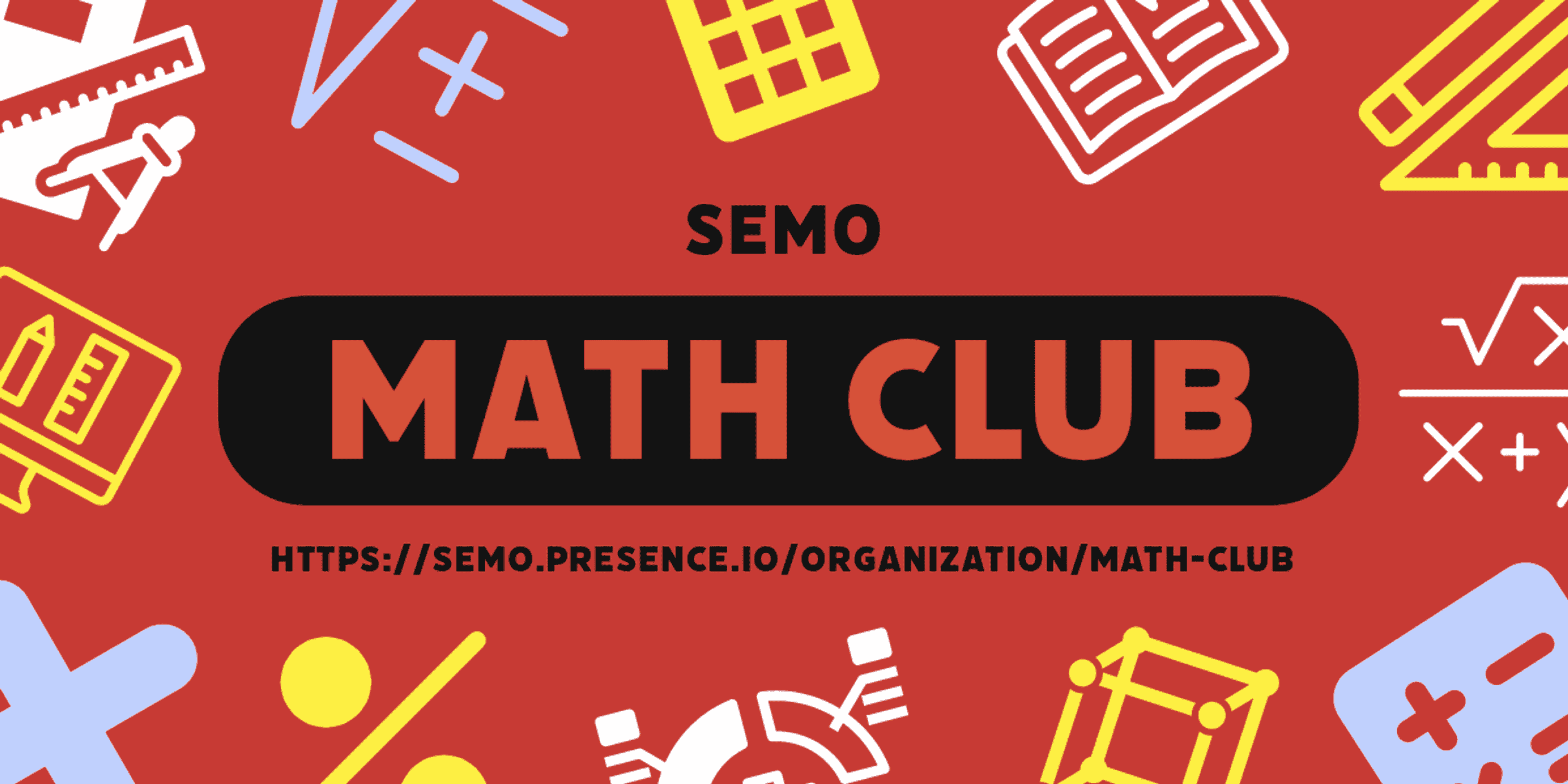This year in honor of Thanksgiving the Arrow hosted a contest to determine which Southeast professor students are most thankful for. Seven candidates were nominated by Southeast Missouri State University students, and after a voting period on the Arrow's Facebook page, instructor of the mass media department Michael Simmons was named the winner.
Simmons has been teaching at Southeast for seven years and became a full-time professor three years ago after spending 25 years working in the mass media field. He received his bachelor's degree at Southeast Missouri State University, his master's degree at Aspen University in Denver, Colo., and a second master's degree in public administration at Southeast. Simmons has worked in St. Louis and Minneapolis but came back to Cape Girardeau to start a family. Before teaching he travelled across the country for clients in Fresno, Calif., Virginia Beach, Va., Seattle, Houston and more. Now Simmons dedicates his career to the students at Southeast.
Q: Did you know anything about the award before you heard you won?
A: I'm embarrassed to say I did not. I was totally surprised.
Q: Do you generally have a good relationship with your students?
A: I think usually we have a good relationship. And we're lucky in our area because students want to take these classes. They are very self-directed, so I think I usually have a really good relationship with them.
Q: What do you think constitutes a good relationship with students?
A: Oh, well there's a couple things. A big part is the students want to be here, so they're very motivated. They want to take those classes, they want to do the extra work, they want to go above and beyond. But also I was given some really good advice when I started teaching. Dr. Glen Williams in communication studies said that 'Here's the secret. They don't care how much you know until they know how much you care,' and I thought that was so beautiful and Zen. It's perfection, but it's true. You want to know that somebody's working on your behalf.
Q: Which classes do you specifically teach?
A: This semester I am teaching MC101 mass comm and society, MC231 strategic relations, which is all about internal and external publics and client relations, MC333 strategic design so that's Photoshop, Illustrator, InDesign, podcasts and movies, anything we can produce, MC434, which is the capstone class in [public relations] and then we also have some special-topic classes a little focused short-term classes, and I did one of those on pitching concepts.
Q: Do you have a favorite class?
A: No. What's really cool is I see students at a 100, 200, 300 or 400 level. So I see their development throughout the major, so you know, every class has got something really cool about it, and there's no class where I go in and think 'Oh, I've got to teach that class today.' All of them are fun, all of them are interesting classes, so I really don't have a favorite.
Q: How do you handle your relationship with your students? Would you say it is more nontraditional?
A: I spent a long time -- I worked in the field about 25 years before I started teaching, so I think that affects the way I talk to students. So a lot of times I'm treating them like a new employee, not like a stupid student. I'm just like 'Well, we're here to learn this thing, so let's get this so that we can go on and be more professional and do that.' So I think I bring a lot of that into the communication, and honestly I've got kids this age, so I kind of get it. I know I lost my cool 20 years ago and all that. But it helps. I can relate. I know what you kids are going through because I see my kids going through it, and I think all that goes into the mix.
Q: What did you do before you started teaching?
A: Oh god, everything. I worked in a couple different ad agencies, I worked in healthcare PR for five years, I worked for a U.S. congressman real shortly in PR, I've done sales of a bunch of different kinds, I've worked in media, so it's neat that over the 25 years I've gotten to work a lot of different sides of the business, so when I come in and talk to a class I say 'Well this is how we would look at it from here, and this is how we would look at it from here and this is what the client thinks and this is why media relations is important,' so I kind of bring all that into one point.
Q: Have you ever thought about teaching before now?
A: Actually, yeah, I actually started as an education major here, way back in the early 80's, but I started as an education major, and I thought I should probably go into business, I'll never make enough money as a teacher, so I talked myself out of it. So it's really funny that all these years now, and I come right back around the circle. Life is funny.
Q: What is something that you most enjoy about teaching?
A: Oh most definitely the students, seeing their enthusiasm, their excitement, what could be better? I wake up every morning and say, 'I get to do this thing today,' and that is pretty cool.
Q: Is there an assignment or a project that you do every year that you most look forward too?
A: Yes, in the capstone class, so that's MC434, their last PR class. We go out and do real work with real clients. We go out and hire out for a client, we're not charging them, but in the class work we do all the research, we develop the materials for them and then the students have to make the presentation to the client. So we've done work for both the hospitals, the humane society, a couple small business people, a small business downtown, just a lot of different sectors.
We are doing the Convention [and] Visitor's Bureau this semester, we did the Cape Girardeau Chamber, we did one of their teams, so it's an opportunity to get students together with a real client and do real work for them. And then we come in and pitch, and what I always say is in the real world only one team would get an 'A,' and they would be real happy and all the other teams get an 'F,' and they would go home sad because they didn't get the job. We don't do that in class, you can make your own grade, but in reality it would be a shootout and one of those five teams is going to win the business, and the other four are going to go home sad.
Q: So is this project's enjoyment just for you or do the students enjoy it just as much?
A: Well, I think it's everybody's favorite, but I think it's a lot more fun for me. I'm excited about their enthusiasm, but for them they're very nervous. This is a real client. This isn't a case study out of a book, they've got a living, breathing client, and we've had clients sometimes challenge a team 'I don't like that, or I don't think that information is correct,' and it can be very real world. We don't coach the client. It's as real as we can make it. And then Dr. [Susan] Gonders and I sit in, and we also give additional feedback, so they're having to pitch to a team of three, which is a very real-world scenario.
Q: Is there something you really enjoy about teaching here at Southeast, something different than any of the places you have worked before?
A: This biggest thing goes back again to the students, their energy, their enthusiasm, it is very infectious. And you'll discover this after you've been out in the field for a long time, you kind of get a little cynical, a little harder, it beats you up a little bit. Here it is all about possibility. Everyone's excited, and it's so exciting because they could go anywhere and do anything. So it's pretty infectious.
